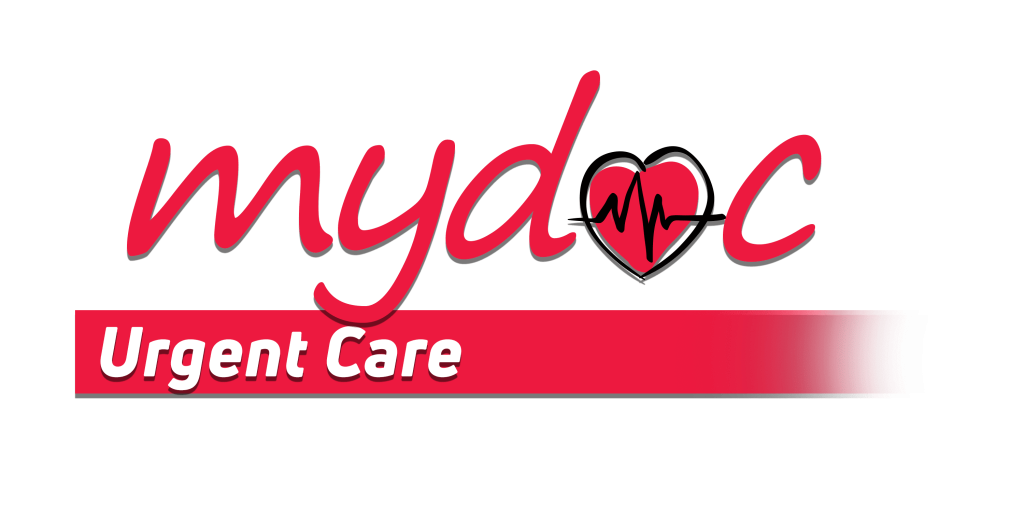Why Won’t My Cough Go Away?

MyDoc Urgent Care is a full-service immediate care practice with locations in Bronx, Brooklyn, Forest Hills, and East Meadow, New York. Read what their team of emergency and family medicine specialists wants you to know about a cough that never seems to go away.
Not all coughs are the same
An occasional cough is a normal reflexive action your body uses to expel dust, bacteria, mucus, and other foreign particles from the airways. Coughs related to colds or other upper respiratory illnesses are also triggered by excess mucus and other irritants building up in your airways. A cough is your body’s attempt to clear these substances and help prevent worsening infection. These types of coughs can last for several days to weeks but usually decrease in intensity and frequency as the illness fades. A cough that may indicate a more serious problem is one that:- Lasts longer than expected
- Prevents you from resting
- Is accompanied by wheezing, shortness of breath, or noisy breathing
- Produces discolored phlegm
- Is accompanied by a high fever
- Has a deep, barky quality that may indicate croup
What causes chronic cough?
The most common causes of chronic cough are:Asthma
Coughs related to asthma may be triggered by an upper respiratory illness such as a cold. They can also occur with exposure to certain fragrances or perfumes, including those in air fresheners or scented candles. Other environmental irritants such as pollen, dust, wood or tobacco smoke, and household cleaning products can trigger an asthma-related cough.Postnasal drip
A cough caused by postnasal drip occurs when excess mucus from your nose or sinus passages drains down the back of your throat and triggers your cough reflex. It’s often related to sinus issues or allergies and usually produces mucus or phlegm.Gastroesophageal reflux disease (GERD)
GERD is a common digestive disorder that causes acids and other stomach contents to wash back up into the esophagus. Irritation caused by these caustic substances can trigger a chronic cough that may be worse at night when lying flat or accompanied by heartburn and a sour taste in your mouth.Secondary infection
A viral respiratory illness may cause a secondary infection such as bacterial pneumonia, which may result in a cough that lasts for many weeks to months. Pneumonia can cause life-threatening complications and requires immediate medical attention.Smoking
Smoking as well as exposure to secondhand smoke are common causes of chronic cough. Smokers are also at greatly increased risk of developing chronic obstructive pulmonary disease (COPD). Symptoms of COPD include chronic cough and progressive shortness of breath that may eventually require supplemental oxygen.How do you treat chronic cough?
At MyDoc Urgent Care, treatment for a chronic cough starts with an evaluation that includes a physical exam and careful review of your symptoms. Depending on the nature of your cough and the other symptoms you’re experiencing, your provider may request allergy testing, breathing tests, COVID-19 testing, and other studies to help confirm your diagnosis. These tests are provided in-office for your convenience, and results are typically available immediately. Based on those results, your treatment strategy may include a course of oral antibiotics for bacterial infection, an inhaler for asthma, allergy treatment, or medication to help soothe your cough. Your provider may also recommend treatment for GERD or further evaluation by a specialist for concerns such as COPD. Note that because young children have small airways and are more prone to developing serious complications related to respiratory issues and chronic cough, we generally recommend bringing them in for an evaluation sooner rather than later. For the highest-quality medical services provided in a family friendly environment, take advantage of our MyDoc Urgent Care walk-in clinic, or schedule your same-day doctor visit today by calling the nearest office or requesting an appointment online.SCHEDULE A CONSULTATION







